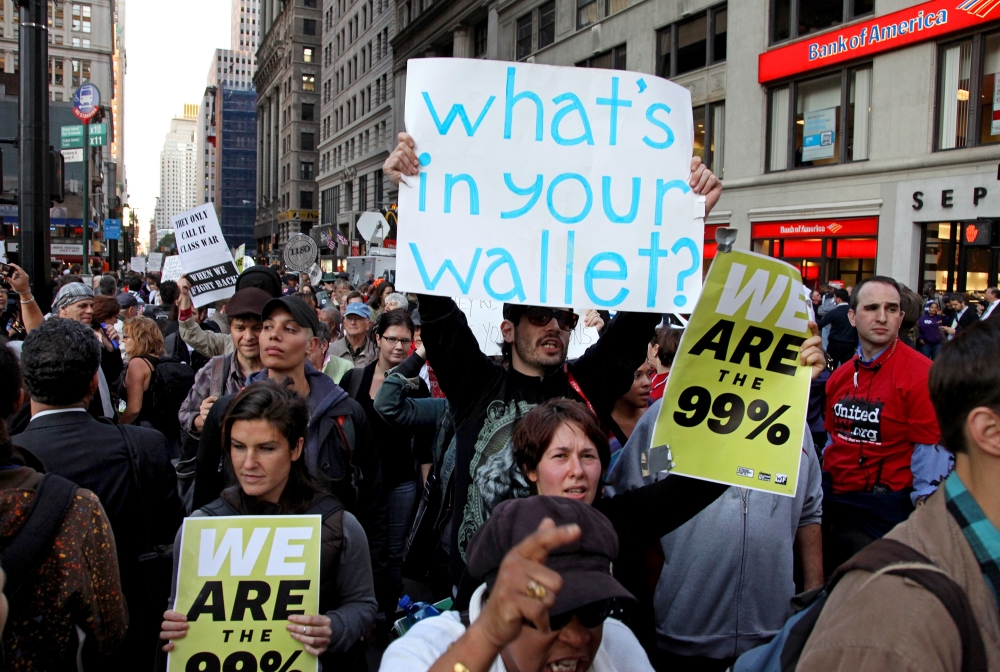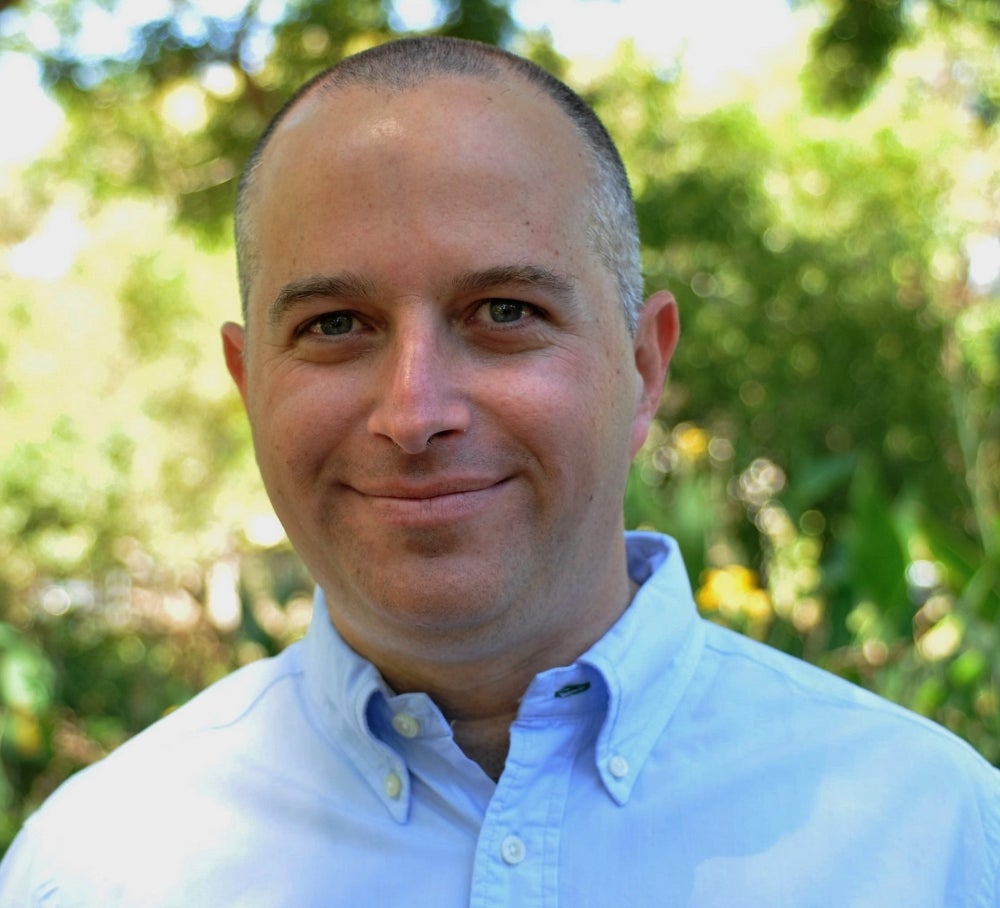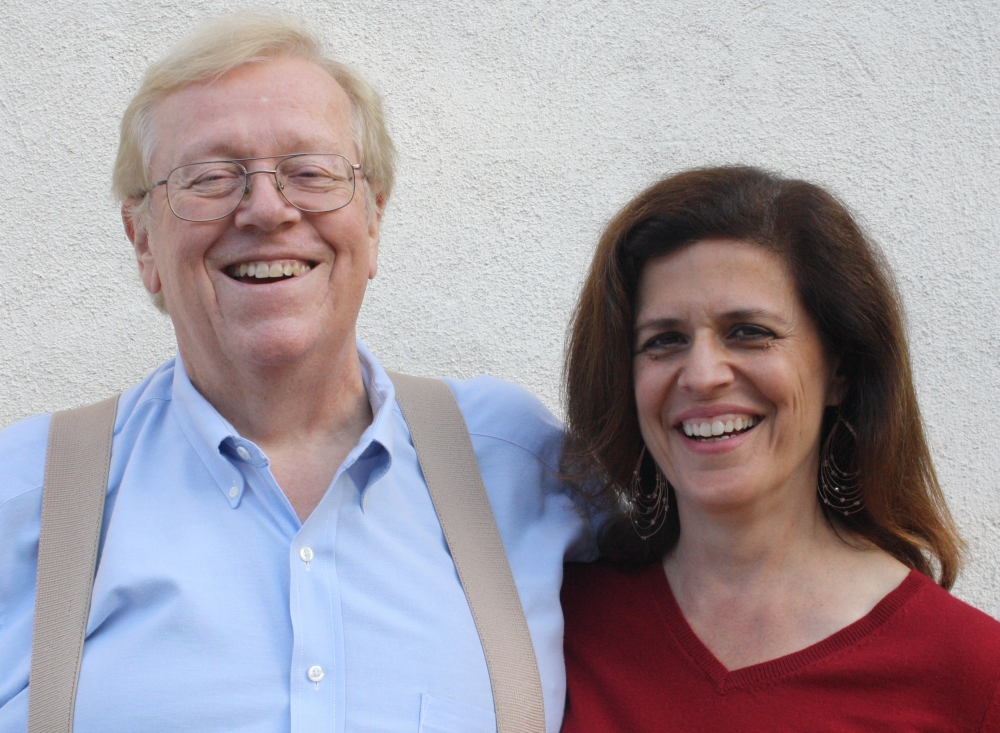
Sharing the Wealth


Economic redistribution has been a core political dispute around the world for centuries. And while intuitively fairness seems a natural explanation for why people support redistribution, researchers at UC Santa Barbara find that fairness doesn’t really explain who supports redistribution or why.
Support for redistribution, they have shown, is rooted in compassion, self-interest and envy — but not fairness. Their work is published this week in the Proceedings of the National Academy of Sciences.
Prototypical characters
“Understanding the economic and political nitty-gritty of redistribution does not come naturally to us,” said Daniel Sznycer, an assistant professor of psychology at the University of Montreal, a research scientist at UCSB’s Center for Evolutionary Psychology, and the paper’s lead author. “But humans have been interacting with worse-off and better-off individuals over evolutionary time. This process built neural systems that motivate us to act effectively in situations of giving, taking and sharing.
“The evolved human mind,” he continued, “would overlook the public policy complexities of modern redistribution and instead perceive it in terms of a much simpler mental model featuring a small number of prototypical characters — the self, the worse-off other and the better-off other — and different motives directed at each character.”
To understand the logic behind support for — or opposition to — economic redistribution, the research team focused on three motives: compassion, self-interest and envy.
First compassion
“Our ancestors lived in a world without social or medical insurance, and so they benefited from covering each other’s shortfalls through mutual help,” said John Tooby, a professor of anthropology at UCSB and co-director of the Center for Evolutionary Psychology. “If your neighbor is starving and you have food, you can save his life by sharing with him. Later, when the situation is reversed and he shares his food with you, your life is saved.”
This evolutionary dynamic selected for a spontaneous motivation to help those in need. “Compassion is the emotion that orchestrates this need-based help — help toward those less well off,” Tooby said.
But people also value their own welfare and that of their families. Thus, a competing motive is self-interest. “People who acted without any regard to their own and their family’s welfare were selected out over the course of evolution,” Tooby pointed out. “Self-interest may limit the reach of one’s compassion, and enhance one’s appetite for what others have.”
The third motive is envy, directed toward those better off than you. “When a rival outperforms you in some activity, your relative standing decreases,” said Sznycer. “People sometimes act to chip away at their rivals’ advantages, even when that also harms third parties or even themselves.” Envy and the spite it generates are socially destructive, he noted, but they can make sense in the context of an ancestral world that included competitive zero-sum games.”
Haves and have-nots
Our human ancestors encountered neither urban poor nor billionaires during the Pleistocene, but over evolutionary time they did interact with worse- and better-off community members. “The theory is that people view the cast of characters of modern redistribution — ‘the poor’ or ‘the rich’ — through the lens of a set of motives that evolved to regulate interactions with their ancestral counterparts — the ‘worse-off other’ and the ‘better-off other’,” explained Leda Cosmides, a professor of psychology at UCSB and co-director of the Center for Evolutionary Psychology.
“A person’s view of redistribution — whether she thinks redistribution is desirable, undesirable or a non-issue — would be a joint function of the extent to which she is compassionate, the extent to which she is envious and the extent to which she expects to personally benefit from redistribution (the self-interest component),” Cosmides said.
To test this theory, the researchers asked study participants whether they support or oppose redistribution, and measured the participants’ dispositions toward compassion, envy and self-interest. They found more support for redistribution among those who feel more compassion, among those who feel more envy and among those who expect to personally benefit from redistribution.
A cross-cultural phenomenon
The researchers observed the same pattern of results in the four countries they studied: the United States, the United Kingdom, India and Israel. “The fact that the results are so similar in different countries may be due to a common evolved human nature that is shared across cultures,” Sznycer said. “Moreover, the observed effects are large: If you know a person’s degree of compassion, envy and expected personal gain — or loss — from redistribution, you could predict her views as accurately as if, instead, you knew only her party affiliation, that is, whether she is a Democrat or a Republican, another strong predictor of attitudes about redistribution.”
While both compassion and envy make redistribution more appealing, they do so via different routes, and may lead to differing policy preferences. Four out of five participants stated that in the past 12 months they have provided assistance to the poor. According to the authors, compassion was the only motivating factor that predicted helping the poor. As expected, neither self-interest nor envy came into play.
“That is, only some of the motives that lead people to favor government-mandated redistribution also motivate people to personally help the poor,” Cosmides said. “We sometimes hear that supporting redistribution is the same as wanting to help the poor, but it is not.”
Envy, on the other hand, functions differently. This can be seen through studying the choices that envy motivates. “If tax rates on the rich — or anyone else — rise sufficiently, the resulting revenue collected by the government will begin to decrease because now there are fewer incentives to be productive,” said Florencia Lopez Seal of the Universidad Nacional de Córdoba, a co-author of the paper. “Based on this, we asked participants whether they prefer lower taxes on the rich but more resulting revenue to help the poor, or higher taxes on the rich but less money for the poor. One out of six participants preferred the latter, more spiteful option.” This willingness to hurt the poor to pull down the rich was predicted only by the participant’s tendency to feel envy.
“It is notable that envious people are willing to hurt the poor to get what they want,” Tooby noted.
And what about fairness?
Intuitively, the theory that people want fairness seems like the most straightforward explanation for why people support redistribution. The authors also wanted to test this. To do so, the researchers measured participants’ taste for fairness. The results showed that participants’ taste for fairness failed to predict their attitudes about redistribution. By contrast, participants’ compassion, envy and self-interest did.
“We think it’s possible that meanings of fairness different from the ones we analyzed still play a role in forming attitudes about redistribution,” Sznycer said. “In any case, our work points to a more basic issue: Fairness is a key concept in the social sciences, but when you look closely you see that fairness is defined in vague and sometimes contradictory ways — sometimes it’s equal outcomes, sometimes it’s a level playing field, and so on.”
Yet when you empirically pit fairness against interpersonal dispositions such as compassion and envy, the latter win,” he added.
In addition to Sznycer, Cosmides, Tooby and Lopez Seal, co authors of the paper include Julian Lim of UCSB; Aaron Sell of Griffith University; Roni Porat and Eran Halperin of Interdisciplinary Center Herzliya; and Shaul Shalvi of the University of Amsterdam.



